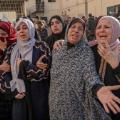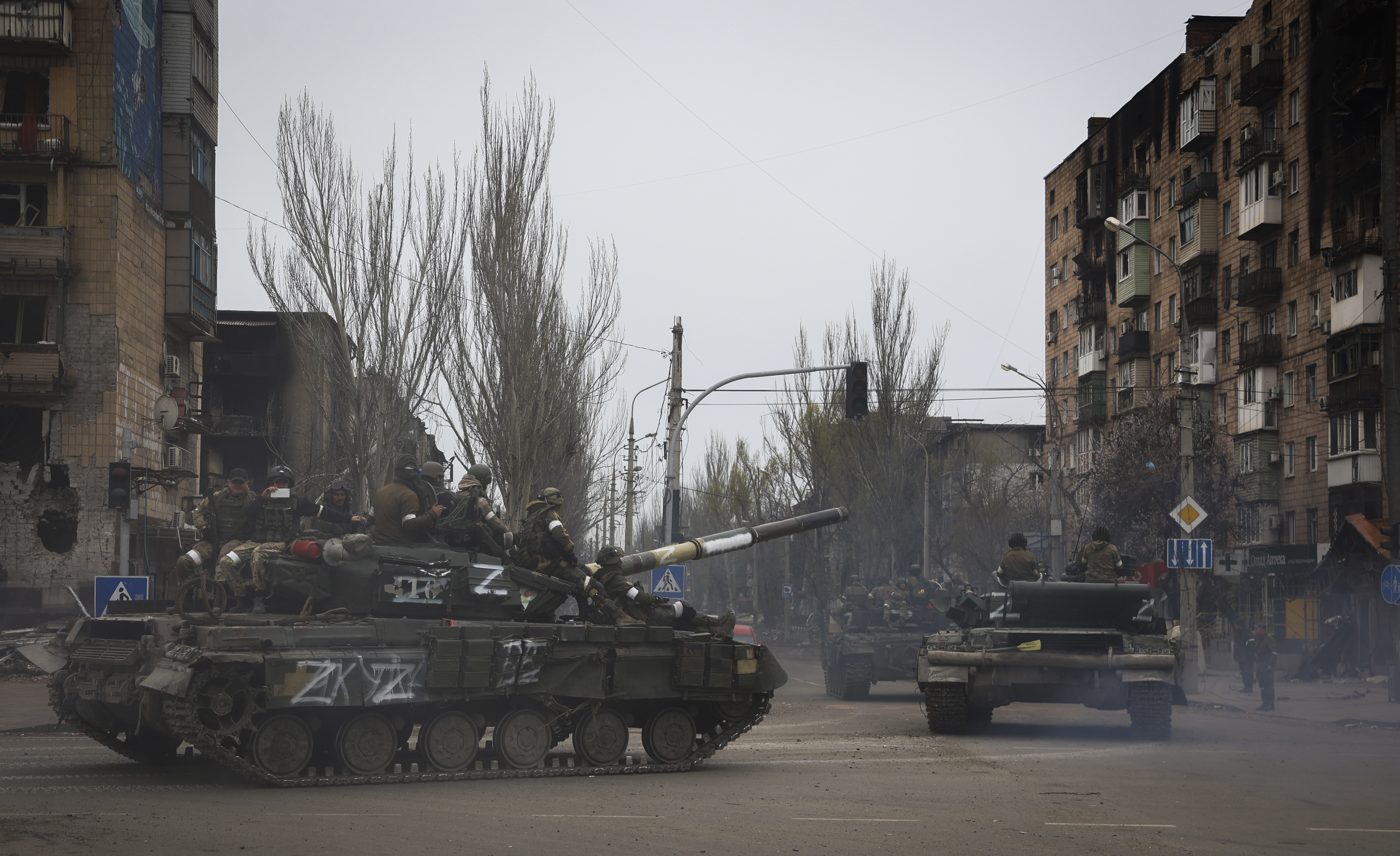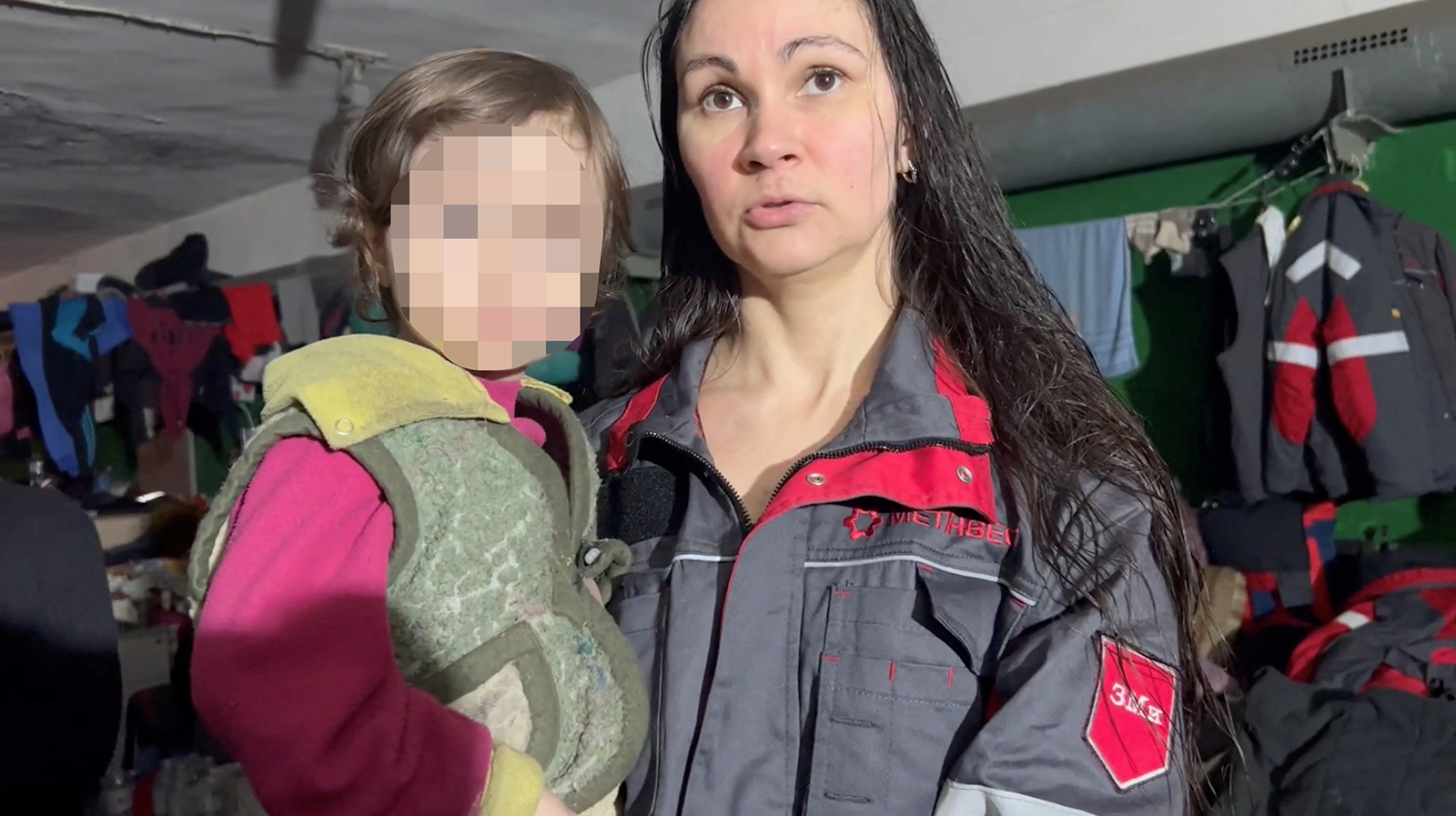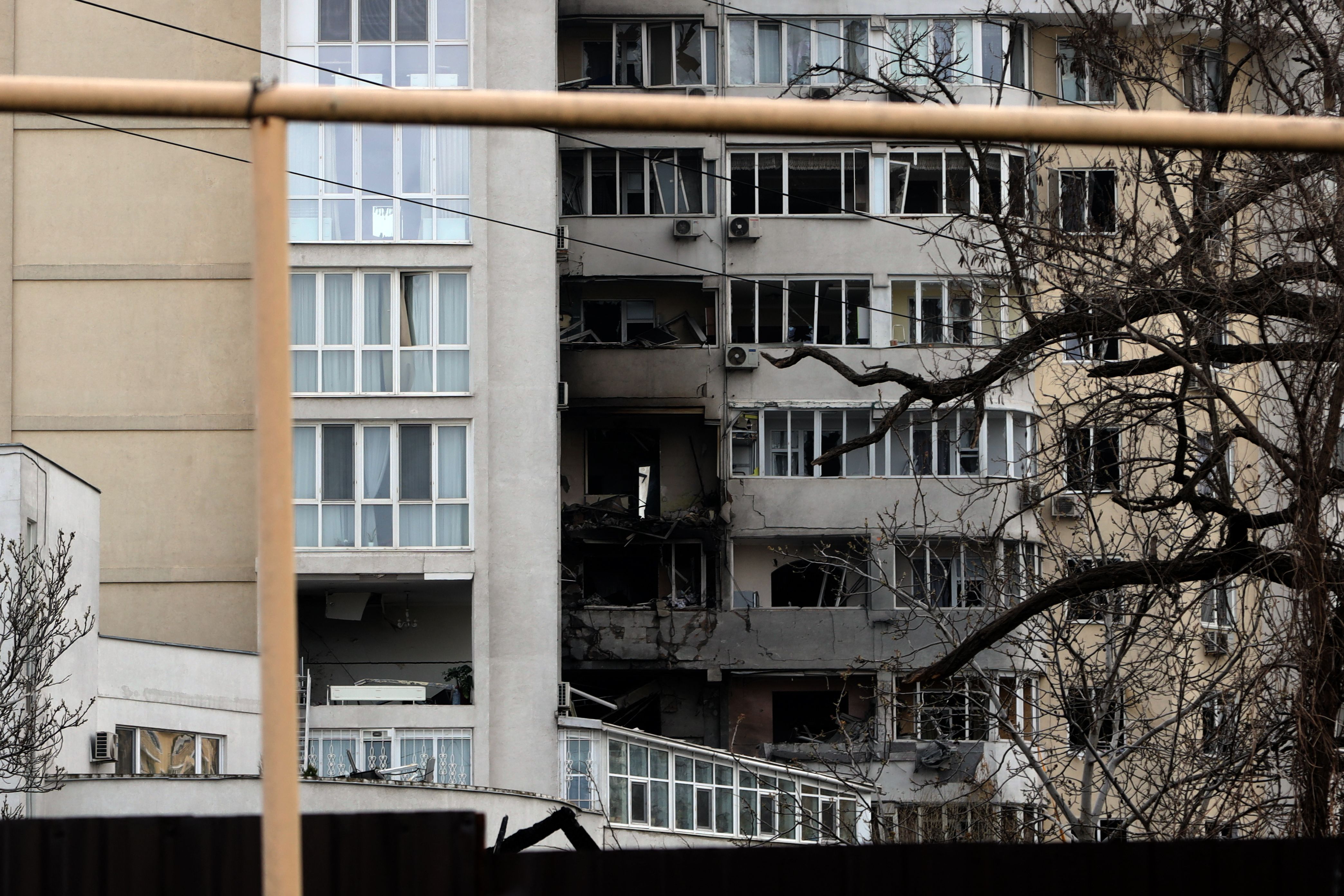CNN spoke with Maria Pevchikh, the head of the investigative department for Alexey Navalny's Anti-Corruption Foundation. She's also an executive producer of CNN's film "Navalny."
Here’s what she said:
Q: What can Navalny's story tell us about Russian President Vladimir Putin and the Russian regime, as we watch this war that they started?
A: It's a pretty good prequel. It explains a lot, actually. This film gives a lot of context and it explains how we ended up at this point in time and where Putin is invading countries and killing people, and kind of gets away with it.
Q: You've been keeping the Anti-Corruption Foundation running since Navalny was arrested. Why is it important to keep this work going?
A: It's not only me. There are dozens of other people who work with us.
It's a matter of principle for us just continue our work despite the fact that Alexey is in prison. This is exactly what Putin wanted to happen. Putin wanted to imprison Navalny and destroy his work – stop our investigations, stop our political work, stop everything. For us, it is a matter of principle to show Vladimir Putin and whoever is responsible for this that this is not going to work. That we're going to continue our work and we're going to work harder and more than we did before. And we intend to keep going as long as it takes.
Q: As the head of investigations at this foundation, what have you uncovered recently?
A: This month, we’ve done two. There was an investigation that we did about the yacht Scheherazade. It is parked somewhere in Italy, and it has no owner. I think it is the 11th or 12th most expensive yacht in the world. No one knows to whom it belongs to. In our investigation, we proved that it belongs to Vladimir Putin.
And last week, we published an investigation about Valery Gergiev, a Russian conductor and classical musician, who is very famous and a frequent guest at places like the Metropolitan Opera and Grand Opera. He is not only a very famous musician, but a prominent supporter of Putin and Putin's war. So, we did a big investigation into how Valery Gergiev gets paid for publicly whitewashing Putin abroad.
Q: Navalny was recently sentenced to more time in prison. What do you think the future holds for him? Will he be able to get out of this prison?
A: I think that those numbers mean nothing. He can be sentenced to nine years to 99 years to 900 years. It is virtually meaningless.
Navalny’s case is purely political. Vladimir Putin decided to throw him into jail indefinitely. So as many people say, Navalny's sentence is essentially a life sentence. The question is whose life it will be? I'm pretty sure that Navalny is going to stay in prison probably until Putin leaves the office, until Putin is removed from power. Our mission is to make sure that this day comes as quickly as possible and Alexey is out of prison as soon as possible.
Q: We learn in this documentary what Navalny's vision is for Russia, what he imagined the future will be. Do you expect that Russia will ever come to fruition?
A: Absolutely. That's the plan. That's what we are working on for many years. It would be strange if we did something for a decade that we didn't believe in and we didn't believe that it was possible.
I am convinced that the so-called “beautiful Russia of the future” – this is how Alexey refers to it – it is indeed possible. It is achievable and attainable, and yes, it will take a lot of effort and a lot of work to make sure that it materializes but there are so many people, so many Russians who are willing to do this work, who are willing to risk their life, their careers, their everything, just to make sure that Russia one day becomes a free and democratic country.
Tune in tomorrow at 9 p.m. ET to watch the CNN Film “Navalny” on CNN.






